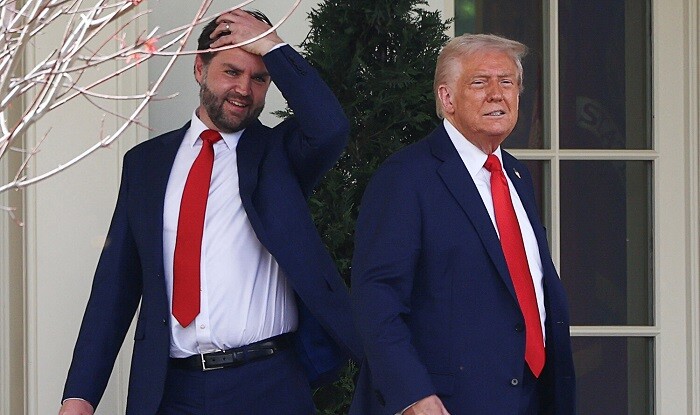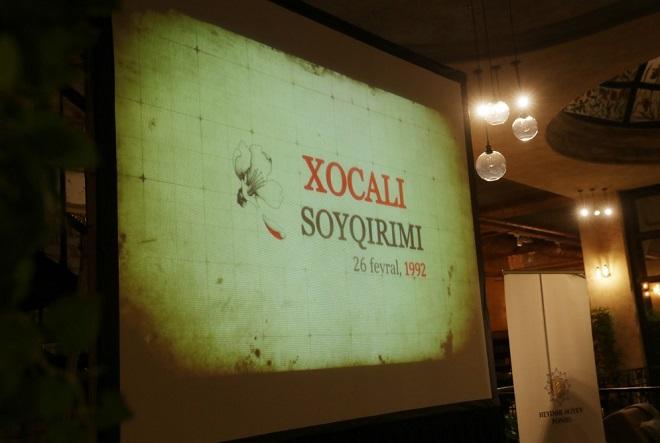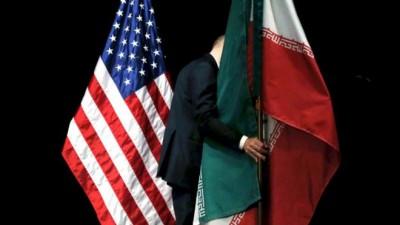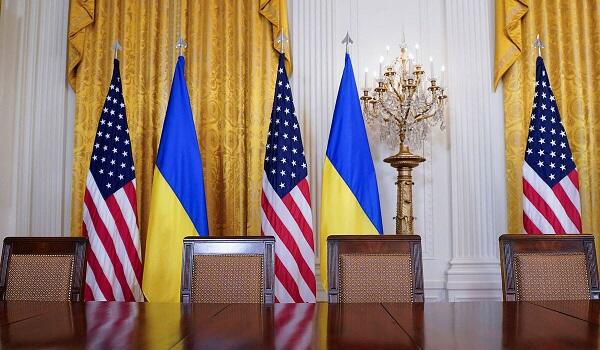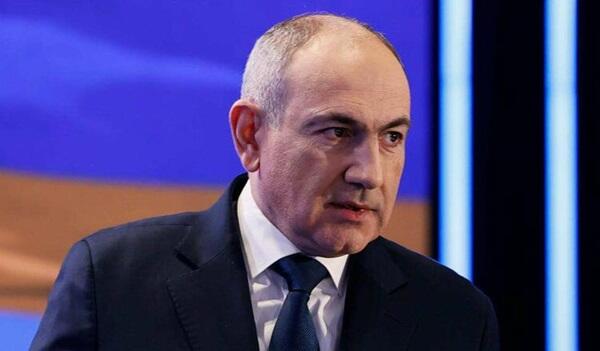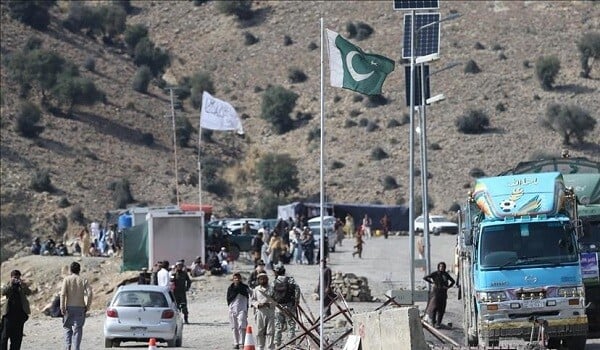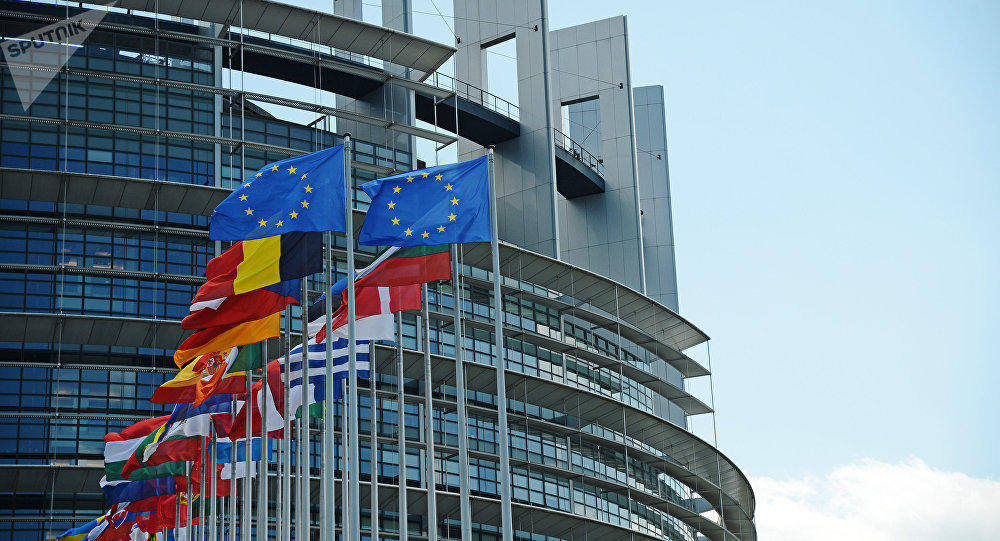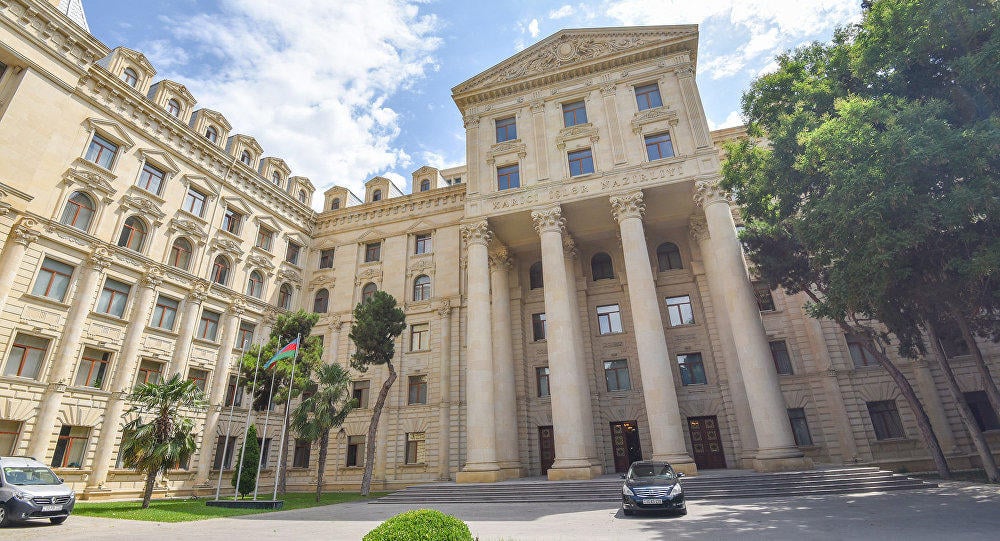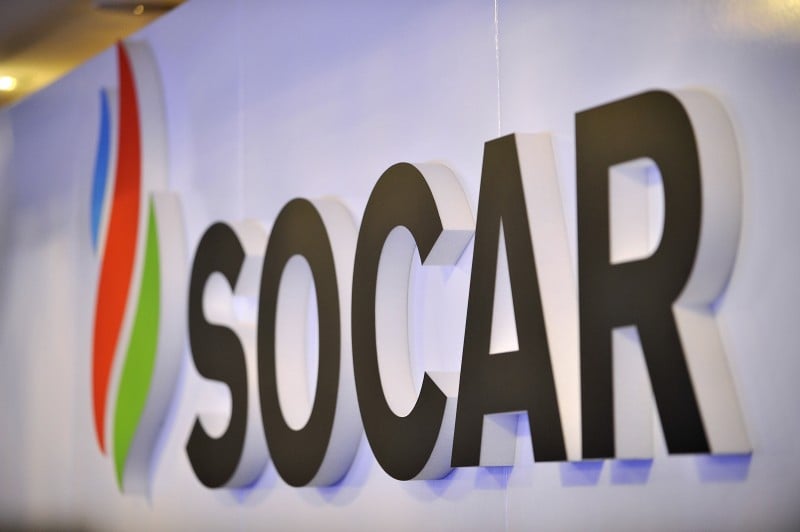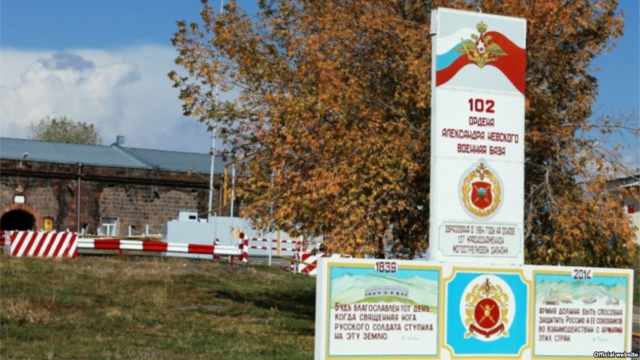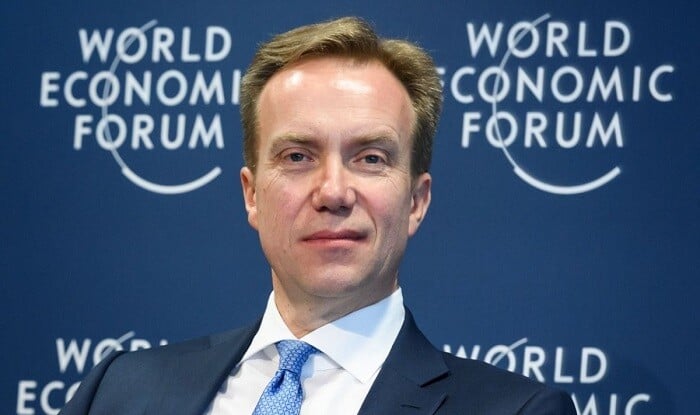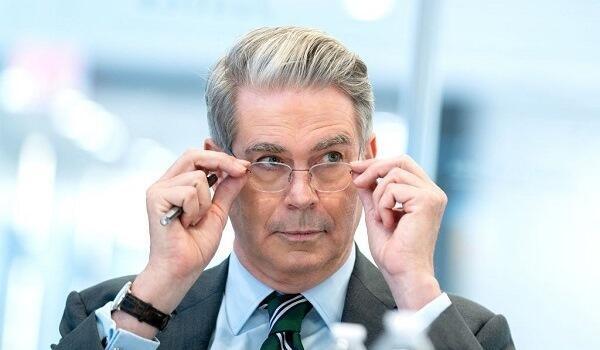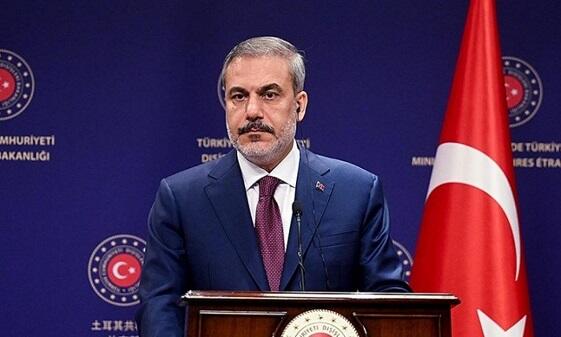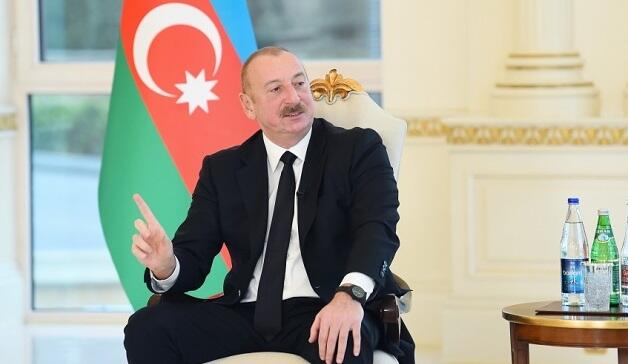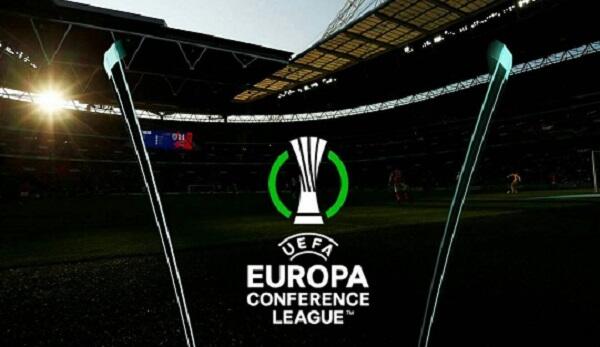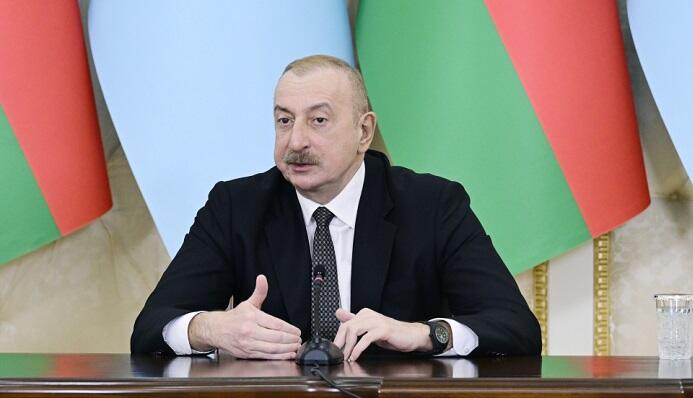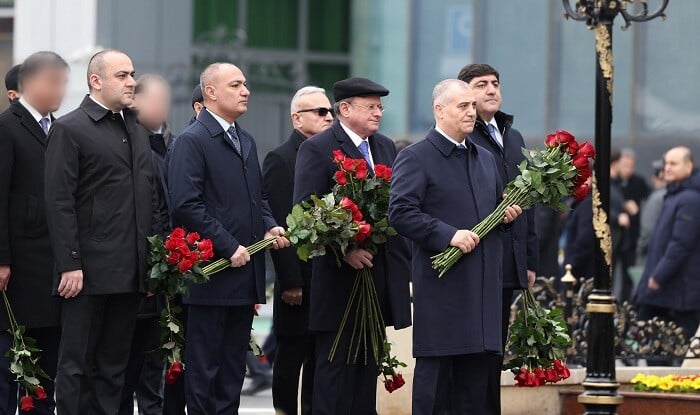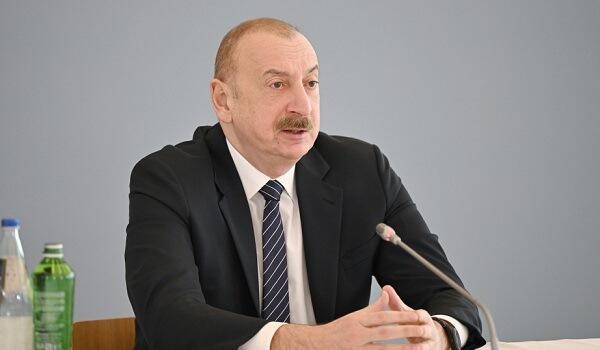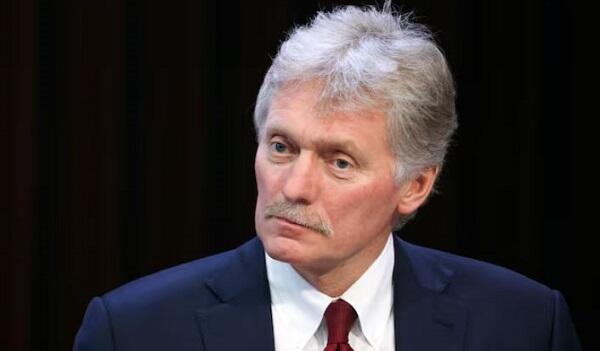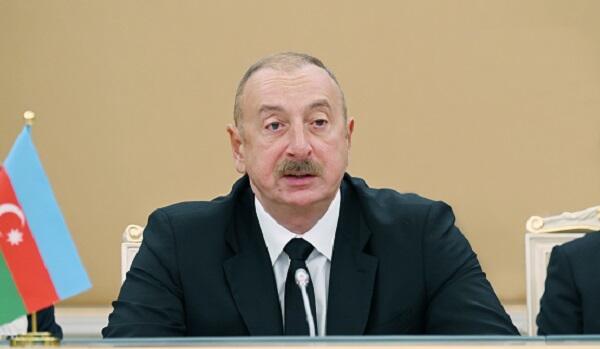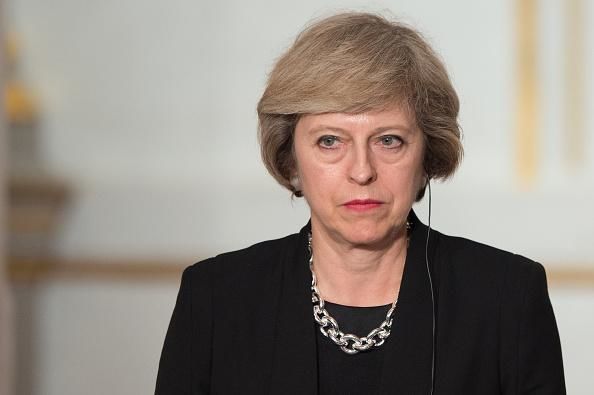Theresa May has accused some business leaders of
resisting her drive to tame the excesses of capitalism, in her
first landmark City of London speech.
The Prime Minister said some suspicious company bosses believe
she has a "growing anti-business agenda", after she criticised
firms which fail their workers and targeted a rootless "global
elite".
But Ms May vowed to press ahead with a "new approach to managing
the forces of globalisation so that they work for all" – insisting
that is a pro-business strategy.
And she told British companies that she wants the country to be
"seen not just to do business, but to do that business in the right
way".
However, the Prime Minister did not reveal any further policies,
despite growing criticism that her has failed to explain what
specific changes she plans in response to the Brexit vote.
Delivering her first speech to the Lord Mayor’s Banquet, Ms May
argued that many business leaders "recognise" their responsibility
to others in the workplace and society.
But she said: "Others have voiced their suspicion of what they
see as a growing anti-business agenda.
"I don’t agree. It is because I believe so passionately in
business that I say this.
"Asking business to work with Government to play its part is
profoundly pro-business, because it is fundamental to retaining
faith in capitalism and free markets."
The comments reflect the tightrope the Prime Minister is
attempting to walk in criticising some of the effects of
globalisation, while standing for free markets and free trade.
Speaking at the Guildhall, she argued that "liberalism and
globalisation continue to offer the best future for our world" –
while promising to "deal with the downsides".
Ms May said: "Let’s be clear: those forces have had – and
continue to have – an overwhelmingly positive impact on our
world.
"But we can’t deny, as I know you recognise, that there have
been downsides to globalisation in recent years, and that – in our
zeal and enthusiasm to promote this agenda as the answer to all our
ills – we have on occasion overlooked the impact on those closer to
home who see these forces in a different light.
"These people – often those on modest to low incomes living in
rich countries like our own – see their jobs being outsourced and
wages undercut. They see their communities changing around them and
don’t remember agreeing to that change.
"They see the emergence of a new global elite who sometimes seem
to play by a different set of rules and whose lives are far removed
from their everyday existence.
"And the tensions and differences between those who are gaining
from globalisation and those who feel they are losing out have been
exposed ever more starkly through the growth of social media."
She drew together the EU referendum result and Donald Trump’s
shock victory, saying: "We meet tonight in a world transformed. A
year ago, few among us would have predicted the events ahead.
"Change is in the air. And when people demand change, it is the
job of politicians to respond."


